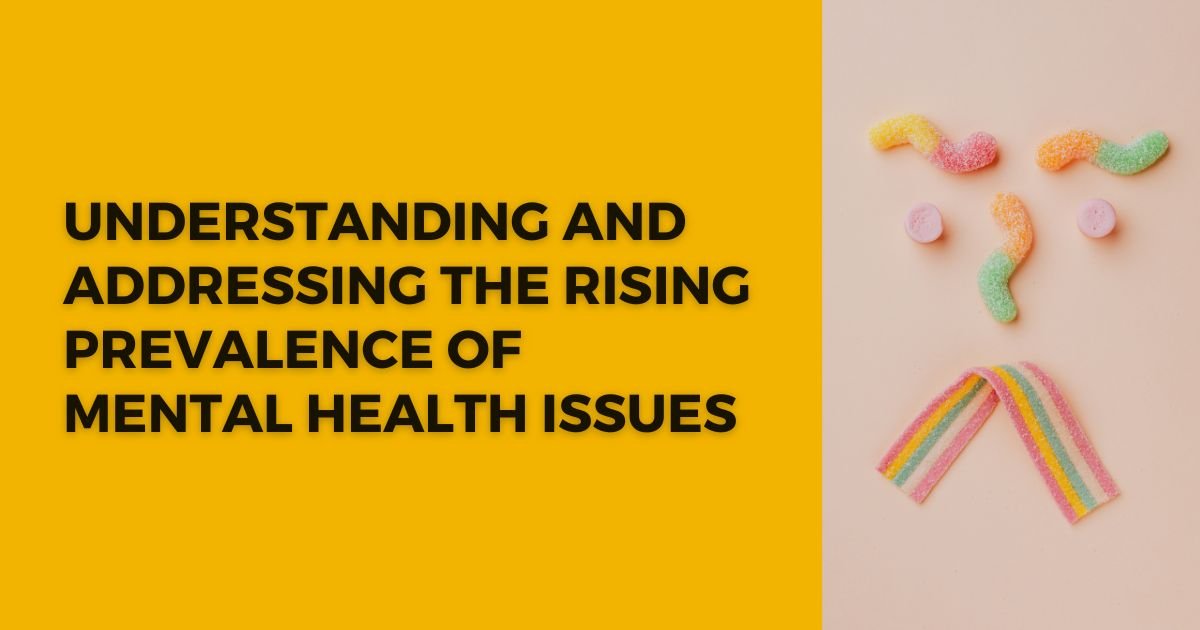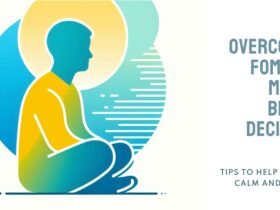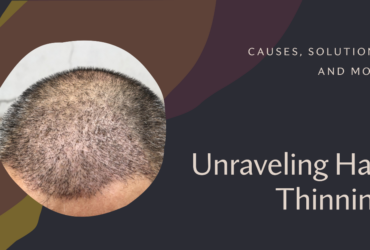As men, we all have a common goal of living a healthy and happy life. However, with so much information available, it can be difficult to know what’s true and what’s not. This article is here to help. We’ll provide you with the facts you need to separate myths from reality when it comes to men’s health. By the end of this article, you’ll have the knowledge you need to live your healthiest life possible.
Table of Contents
Myth #1: Men Don’t Need to Worry About Mental Health
A common misconception surrounding men’s health is the belief that mental health doesn’t require the same level of attention as physical health. However, mental health is equally important, and ignoring it can lead to serious consequences. Unfortunately, the stigma surrounding mental health issues is a major factor contributing to the higher rates of suicide among men than women. Seeking assistance from a qualified professional is essential if you’re experiencing difficulties with your mental health. Remember, taking care of your mental health is a vital part of maintaining overall wellbeing and a fulfilling life.
Myth #2: All Fat is Bad
It’s a common misconception that all types of fat are unhealthy, but this couldn’t be further from the truth. Our bodies require certain types of fats to operate correctly, and unsaturated fats are actually beneficial for us. Consuming foods that contain unsaturated fats, such as nuts, seeds, and avocados, can help lower our risk of developing heart disease. However, it’s important to steer clear of trans fats, which can be found in many processed foods and are associated with an elevated risk of heart disease. By incorporating healthy fats into your diet, you can help promote a healthy heart and overall wellness.
Myth #3: You Can Spot-Reduce Fat
It’s understandable that some men may believe that they can target specific areas of their body for fat loss, like focusing on abdominal exercises to get rid of belly fat. However, this notion is nothing more than a myth. When we lose weight, it happens all over our body, rather than from just one specific area. The best approach to reducing fat in a particular area is to decrease your overall body fat percentage by following a healthy diet and exercise routine. By making these lifestyle changes, you’ll be on your way to achieving your body composition goals and promoting overall wellness.
Myth #4: Strength Training Will Make You Bulky
It’s not uncommon for some men to avoid strength training, under the belief that it will cause them to develop excessive bulk. However, this couldn’t be further from the truth. Strength training is an integral part of any fitness regimen, and can aid in the reduction of body fat and the development of lean muscle mass. It’s important to note that without the use of performance-enhancing drugs, such as steroids, becoming excessively bulky from strength training alone is highly improbable. By including strength training in your fitness routine, you’ll be taking positive steps towards achieving your desired physique, while promoting your overall health and wellbeing.
Myth #5: You Don’t Need to Stretch
It’s a common misconception that stretching is unnecessary or even detrimental to a workout routine. However, the truth is, stretching plays a crucial role in promoting overall fitness and reducing the risk of injury. Dynamic stretches before a workout and static stretches after a workout can help improve your flexibility and keep your body healthy. By making stretching a regular part of your exercise regimen, you’ll be taking proactive measures to maintain your overall health and wellbeing.
Myth #6: Men Don’t Need to Wear Sunscreen
It’s not uncommon for men to believe that they’re naturally less susceptible to sun damage and therefore don’t need to wear sunscreen. However, this is simply not the case. Men are just as vulnerable to skin damage and skin cancer as women, and it’s important to take proactive measures to protect your skin. Wearing a broad-spectrum sunscreen with an SPF of at least 30 when spending extended periods outside is a must-do for maintaining healthy skin. By incorporating sunscreen into your daily routine, you’ll be safeguarding your skin from harmful UV rays, and ensuring that you maintain your youthful appearance for years to come.
Myth #7: Erectile Dysfunction Only Happens to Older Men
It’s a common misconception that only older men experience erectile dysfunction. However, the truth is that men of all ages can be affected by this condition. There are many different factors that can contribute to erectile dysfunction, such as stress, anxiety, depression, and underlying health conditions. If you’re experiencing erectile dysfunction, it’s essential to address the issue with your doctor, who can help identify any underlying medical conditions and provide guidance on how to address the issue. By taking steps to understand and manage your erectile dysfunction, you can improve your overall health and wellbeing, and enjoy a fulfilling sex life.
Myth #8: Men Shouldn’t Show Emotion
It’s important to recognize that emotions are a natural part of being human, and that includes men. Society’s expectation for men to be emotionless is simply a myth and can be detrimental to their mental well-being. It’s perfectly okay for men to express their feelings and show vulnerability, in fact, it’s a sign of strength. Seeking help from a mental health professional or therapist is a positive step towards emotional healing and overall health. Don’t let the myth of emotional suppression hold you back from being your best self.
Myth #9: Men Shouldn’t Talk About Their Health
A common misconception among men is the belief that discussing their health is unnecessary or shameful. But, in fact, being proactive about your health is a smart and responsible thing to do. By talking to your doctor or loved ones about any health concerns, you can take the necessary steps to maintain your health and detect any potential health issues early. It’s crucial to prioritize your well-being and to feel confident in expressing any health-related concerns.
Myth #10: Testosterone Supplements Will Solve All Your Problems
It’s common for men to experience symptoms like low energy levels and decreased sex drive as they age. While testosterone is an essential hormone for men’s health, it’s important to recognize that taking supplements without a doctor’s supervision is not the solution. Testosterone supplements can cause serious side effects like acne, hair loss, and an increased risk of heart disease. Instead, if you’re experiencing symptoms of low testosterone, it’s important to talk to your doctor to determine the underlying cause and explore safe and effective treatment options. Prioritizing your health and consulting a professional can help you feel your best and achieve optimal wellness.
Conclusion
It’s time for men to take their health seriously and stop believing the myths and misconceptions that surround men’s health. By dispelling these myths and embracing a proactive approach to healthcare, men can enjoy healthier and happier lives.
Remember, getting regular check-ups, eating a balanced diet, exercising regularly, and taking care of your mental health are all essential components of a healthy lifestyle. It’s also important to prioritize your sexual health and to talk to your doctor if you’re experiencing any symptoms of sexual dysfunction or other health concerns.
We encourage you to take charge of your health and to be proactive about seeking care when you need it. By doing so, you’ll not only improve your own health and wellbeing, but also set a positive example for those around you. Let’s work together to bust the myths and misconceptions that hold men back from achieving their best health possible.
FAQs
-
How often should I see a doctor for checkups?
It’s recommended that men see a doctor for a general checkup at least once a year, even if they feel healthy.
-
Are there any foods that can help boost men’s health?
Yes, many foods can help boost men’s health. Some examples include leafy greens, fatty fish, nuts and seeds, and whole grains.
-
What’s the best type of exercise for men’s health?
The best type of exercise for men’s health is a combination of strength training and cardiovascular exercise.
I hope that this article has helped to dispel some of the myths and misconceptions that surround men’s health, and has encouraged you to take a more proactive approach to your own healthcare. Remember, by staying informed and being proactive, you can enjoy a healthier and happier life.
If you’d like to read more articles like this one, be sure to click here to explore our website. We’re dedicated to providing men with the information and resources they need to live their healthiest lives possible. Thank you for reading, and stay healthy!














Leave a Reply
View Comments